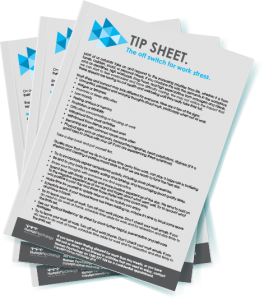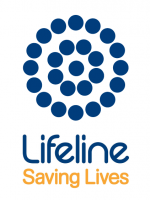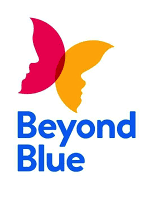
Human Psychology is the Employee Assistance Program (EAP) provider for the Department for Education. Our highly qualified and experienced team of Psychologists understand the unique aspects of working for the Department, and are familiar with the structure, roles and operating environment of the organisation.
Employee Assistance Program (EAP) is a confidential employer-funded support service available to Department for Education staff, immediate family and volunteers experiencing personal or work-related concerns. Immediate family include your spouse, partner, children or others living in your household. Human Psychology provides a confidential and effective counselling process that is solution-focussed and practical. The service is aimed at enhancing wellbeing and mental health, and can be accessed face-to-face, by phone or skype. Asking for assistance is an act of independence and strength; this will empower you to make positive changes.
Counselling Services
EAP is provided for personal, emotional or work-related matters including:
• anxiety, depression and emotional health
• workplace conflict or disharmony
• coping with organisational change
• stress and burnout
• reactions to traumatic or distressing events
• grief and bereavement
• misuse of alcohol or other drugs
• interpersonal relationships
• marriage and family relationship difficulties
• basic financial issues.
EAP can also provide:
• cultural specific counselling for Aboriginal and Torres Strait Islander employees
• counselling support for Lesbian, Gay, Bisexual and Transgender (LBGTIQ) employees
• counselling support for specific cultural and linguistically diverse employees.
How can I access EAP?
Call 1300 277 924 and arrange a convenient time either face-to-face, by phone or Skype.

What does it cost?
There is no cost to staff and immediate family members. You can access up to 6 one-hour sessions per calendar year. If longer-term counselling is required, the psychologist will discussion options with you including a referral and any costs to be incurred. Human Psychology will work hard to accommodate your preferences for a psychologist. Telephone counselling is always an option if you need to speak to someone urgently.
What about confidentiality?
Confidentiality is assured and maintained. Discussions with a psychologist remain strictly confidential. Like doctors, psychologists are bound by a professional code of ethics, preventing giving out personal information without your written consent. In some cases, it may be helpful for the psychologist to hold a discussion with a particular person in your workplace like your manager. This would only occur once the psychologist has discussed this and you agree this action is helpful to the situation. The psychologist would then require written authority from you, before speaking with that person.








